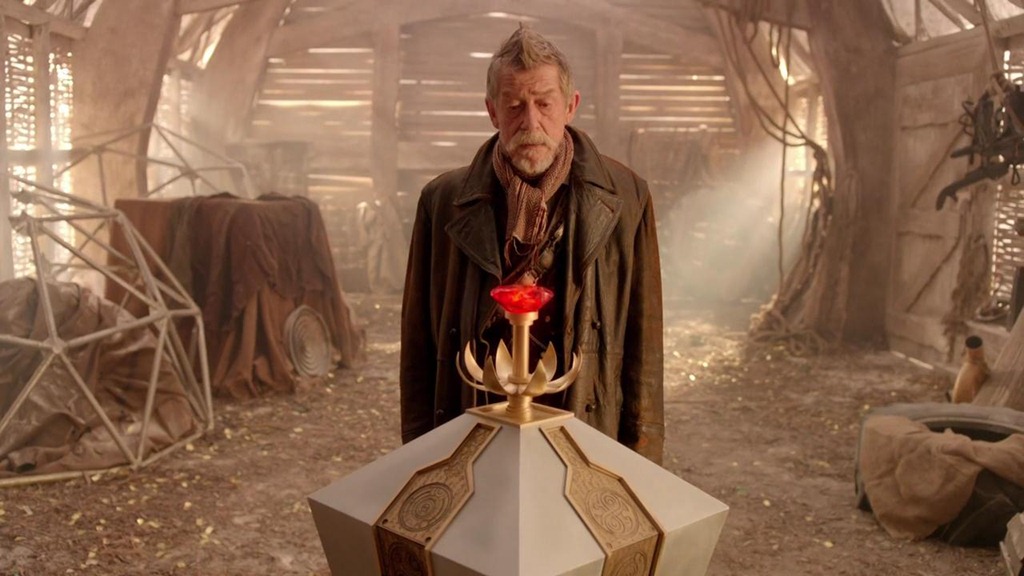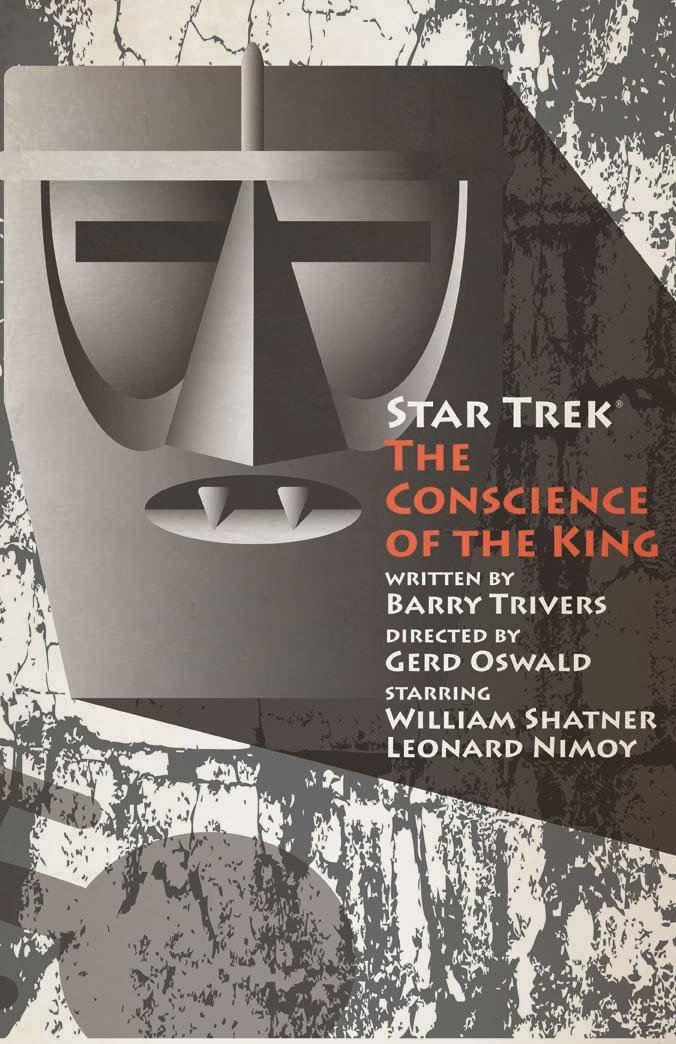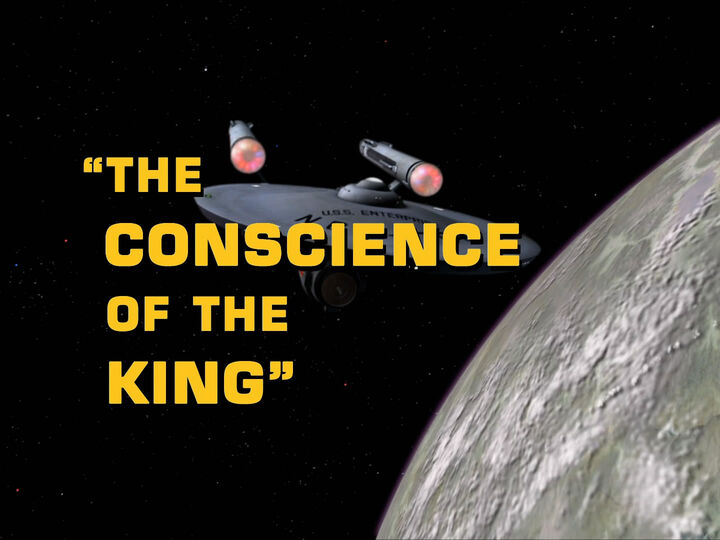
Gives ya chills, doesn't it?
From the 1928 film, The Man Who Laughs, an adaptation of the Victor Hugo novel.
So, if asked "Who created the Joker, Batman's arch foe?", perhaps Victor Hugo and the people behind this movie deserve a nod.
From the 1928 film, The Man Who Laughs, an adaptation of the Victor Hugo novel.
So, if asked "Who created the Joker, Batman's arch foe?", perhaps Victor Hugo and the people behind this movie deserve a nod.
https://twitter.com/bufocalvin/status/1352599302384750595
Here is an article that says Finger, Kane and Robinson did credit the film, specifically a still of Veidt in makeup as Gwynplaine, for the inspiration.
Funny that Universal did not remake this film as a talkie (it did get a release with sync music)
northparktheatre.org/the-man-who-la…
Funny that Universal did not remake this film as a talkie (it did get a release with sync music)
northparktheatre.org/the-man-who-la…
A few images from the book or the movie.
The book was published in 1869, and is set in England during the time surrounding the brief turbulent reign of Catholic James II. The mutiliation of the protagonist is a symbol for what society is doing to people.

The book was published in 1869, and is set in England during the time surrounding the brief turbulent reign of Catholic James II. The mutiliation of the protagonist is a symbol for what society is doing to people.


“I am come to warn you. I am come to impeach your happiness. It is fashioned out of the misery of your neighbour. You have everything, and that is composed of the nothing of others… As for me, I am but a voice. Mankind is a mouth, of which I am the cry. You shall hear me!” 



The story is melodrama and social commentary more than horror, but there is no getting around the visual impact of that silent movie to the book. The book and movie differ in their endings. 

• • •
Missing some Tweet in this thread? You can try to
force a refresh























